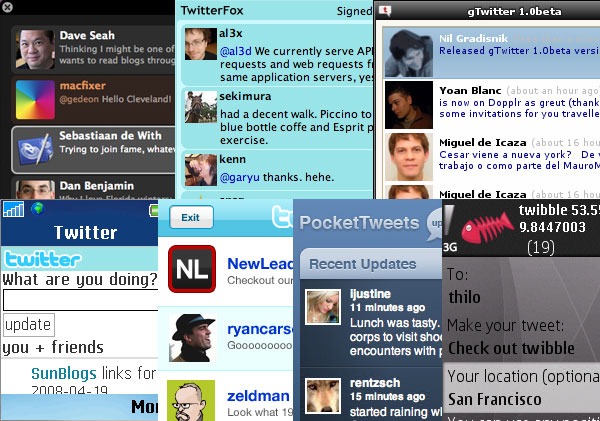Unhappy customers are a fact of life for small businesses. In the past, if a customer was was not pleased about the Miso Black Cod he would simply kvetch to a hundred of his closest friends and never return (unless he was Larry David).
Web 2.0 has changed the way people complain. Disgruntled customers now spend their time logging on to Yelp, Facebook and “Gripe” sites to express their feelings to the net citizens of the world. A poor review on Yelp could create losses of thousands of dollars. If the review is defamatory, should you sue?
The New York Law Journal (pay wall) reports that the bar is very high for a company to win a defamation lawsuit against an individual. In Intellectual Art Multimedia v. Milewski, New York Supreme Court Justice Hon. Judith Gische recently ruled against the company in its Internet defamation lawsuit against a customer who posted negative comments on the Rippoff Report.
Intellectual Art runs the Swiss Finance Academy which operates a school of business. It sued a customer for defamation due to a negative review. Here is a sample of the alleged defamatory comments:
- “[t]hey tell you where the location is then a week before the program starts they change the location and say no refunds whatsoever.”
- “everything they taught was a “JOKE.”
Judge Gische decided that the “speech [was] merely an alleged statement about [the customer’s] personal opinion about the quality of the services of the plaintiff (Intellectual Art).” In addition, the judge ruled that on issues dealing with advocating on part of the consumer, courts are reluctant to stifle criticism of goods or services.
Conclusion
Don’t get me wrong, small businesses can still sue a customer for defamation. If the remarks are more than criticism, contact a lawyer. However, in this era of transparency, it is much cheaper to engage in business practices that foster trust than to start a lawsuit. Use Google Alerts and establish a Twitter account to monitor your brand. If a customer is unhappy, ask him why. Companies such as Zappos built an empire on listening to their customers through social media. So should you.

![Reblog this post [with Zemanta]](http://img.zemanta.com/reblog_e.png?x-id=2ab60070-46d1-4aec-8063-2051ea3b28da)
 There is no question that the Internet has changed the way companies hire people. Currently 45 percent of employers use social networking sites and conduct online searches to screen applicants. If you are a job applicant, that means that your potential employer is reading you Twitter feed and analyzing your blog posts.
There is no question that the Internet has changed the way companies hire people. Currently 45 percent of employers use social networking sites and conduct online searches to screen applicants. If you are a job applicant, that means that your potential employer is reading you Twitter feed and analyzing your blog posts. ![Reblog this post [with Zemanta]](http://img.zemanta.com/reblog_e.png?x-id=86d74548-a1fa-450a-9327-425f25176be7)
